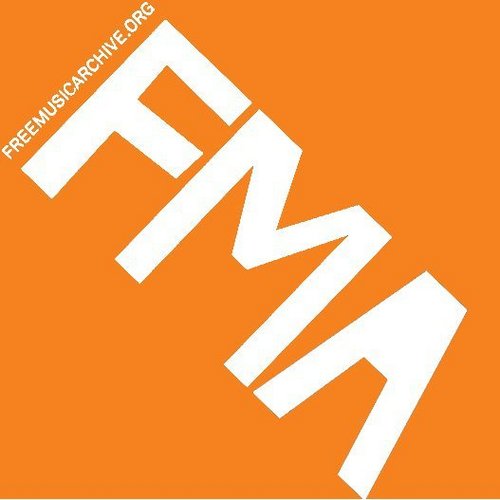For lifelong learners, courses on Ancient Greece and Rome always remain in steady demand. While these courses are poorly represented in undergraduate programs (at least in the States), they’re popular in continuing education programs designed for older students. Eventually, it seems, many students come to the conclusion that you can’t skip over the foundations and still make sense of it all. And so they go back to basics.
The Teaching Company, a commercial provider of courses for lifelong learners, has recognized this demand and built a very rich collection of lectures dedicated to the Ancients. (NOTE: Our readers can get $10 off of their courses, by clicking here and using the code word “CULTURE”. Be sure to check out the courses in mp3 format, particularly the ones on sale. They’re very affordable.) These courses are polished and well thought out. I recommend them highly.
Then you should know about some of the free alternatives. Thanks to the “open course” movement, you can now find a series of free courses online, including some from top-ranked universities. Let me give you a quick overview of your options:
Last fall, Yale University introduced a new round of open courses that included Donald Kagan’s Introduction to Ancient Greek History. A leading figure in the field, Kagan takes students from the Greek Dark Ages, through the rise of Sparta and Athens, The Peloponnesian War, and beyond. You’ll cover more than a millennium in 24 lectures. As I’ve noted elsewhere, Yale’s courses are high touch. And what’s particularly nice is that the course can be downloaded in one of five formats (text, audio, flash video, low bandwidth quicktime video, and high bandwidth quicktime video). Simply choose the format that works for you, and you’re good to go.
When you’ve completed the arc of Greek history, you can move next to the UC Berkeley course, The Roman Empire. The course taught by Isabelle Pafford moves from Julius Caesar to Constantine (roughly 40 BC to 300 AD) in 42 lectures. And the audio comes straight from the classroom, which means that you’ll get solid information but you’ll also have to endure some extraneous talk about homework assignments and exams. (It’s free, so don’t complain.) You can download this course in one of three ways: iTunes or streamed audio. Lastly, I should note that Pafford has taught another related course at Berkeley — The Ancient Mediterranean World (iTunes — Feed - MP3s).
Once you have the big survey courses under your belt, you can switch to some more focused courses coming out of Stanford. Let’s start with Patrick Hunt’s course Hannibal (iTunes). As I’ve noted in a previous post, this podcasted course takes you inside the life and adventures of Hannibal, the great Carthaginian military tactician who maneuvered his way across the Alps and stunned Roman armies in 218 BC. The course also gives you glimpses into cutting-edge trends in modern archaeology. Because Hannibal still remains a figure of intense historical interest, it’s not surprising that this course has ranked as one of the more popular courses on iTunesU.
Another short course worth your time is Virgil’s Aeneid: Anatomy of a Classic. Presented by Susanna Braund (a Stanford classics professor at the time), the course teases apart the epic poem that was an instant when it was written 29–19 BC), and still endures today. Divided into 5 installments, each running about two hours, this podcast offers a good introduction to one of the central texts in the Latin tradition.
Finally, let me throw in a quick bonus course. The Historical Jesus, another Stanford course taught by Thomas Sheehan, looks inside the historical/Roman world of Jesus of Nazareth. This is a history course, not a religion course, and it uses the best literary and historical evidence to answer the questions: “Who was the historical Jesus of Nazareth? What did he actually say and do…? What did the man Jesus actually think of himself and of his mission…? In short, what are the differences — and continuities — between the Jesus who lived and died in history and the Christ who lives on in believers’ faith?
UPDATE: Thanks to a reader, I was reminded of another related course: 12 Byzantine Rulers: The History of the Byzantine Empire (iTunes — Site). These podcasts cover the legacy of the Roman Empire that emerged in the East (after it had collapsed in the West). You can read more about this course in one of my early blog posts.
All of these courses can be found in our larger collection of Free Online Courses. There you will find 200 high quality courses that you can listen to anytime, anywhere.


